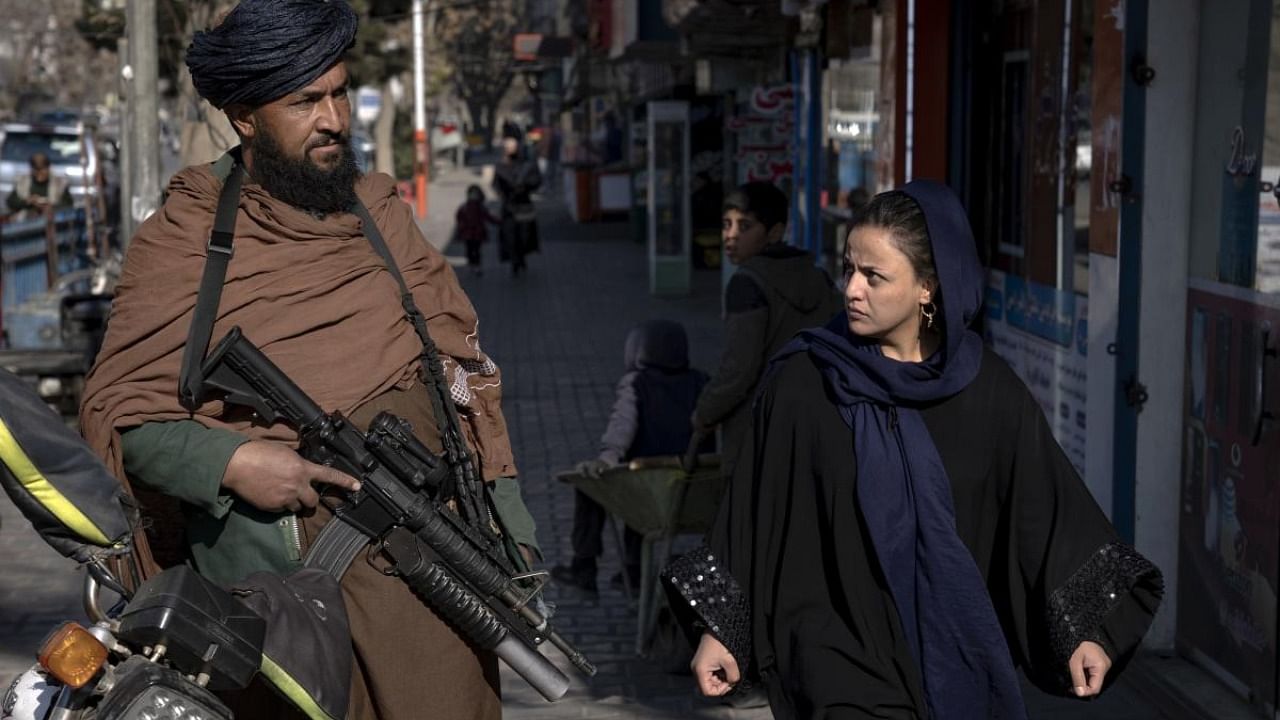
G7 foreign ministers on Thursday called on the Taliban to "urgently reverse" a ban on women working in Afghanistan's aid sector, a joint statement said.
The ministers said they were "gravely concerned that the Taliban's reckless and dangerous order barring female employees of national and international non-governmental organisations (NGOs) from the workplace puts at risk millions of Afghans who depend on humanitarian assistance for their survival."
"We call on the Taliban to urgently reverse this decision," they said in the statement issued by Britain's foreign ministry.
The ban is the latest blow against women's rights in Afghanistan since the Taliban reclaimed power last year.
Less than a week ago, the hardline Islamists also barred women from attending universities, prompting global outrage and protests in some Afghan cities.
"Women are absolutely central to humanitarian and basic needs operations. Unless they participate in aid delivery in Afghanistan, NGOs will be unable to reach the country's most vulnerable people to provide food, medicine, winterization, and other materials and services they need to live," the G7 statement said.
"The Taliban continue to demonstrate their contempt for the rights, freedoms, and welfare of the Afghan people, particularly women and girls," it added.
The statement comes after six aid bodies suspended operations in Afghanistan in response to the ban.
They included Christian Aid, ActionAid, Save the Children, the Norwegian Refugee Council and CARE.
The International Rescue Committee, which provides emergency response in health, education and other areas and employs 3,000 women across Afghanistan, also said it was suspending services.
"Millions of people in Afghanistan are on the verge of starvation," Christian Aid's head of global programmes Ray Hasan said on Monday.
"Reports that families are so desperate they have been forced to sell their children to buy food are utterly heartbreaking," he said, adding that a ban on women aid workers would "only curtail our ability to help the growing number of people in need."